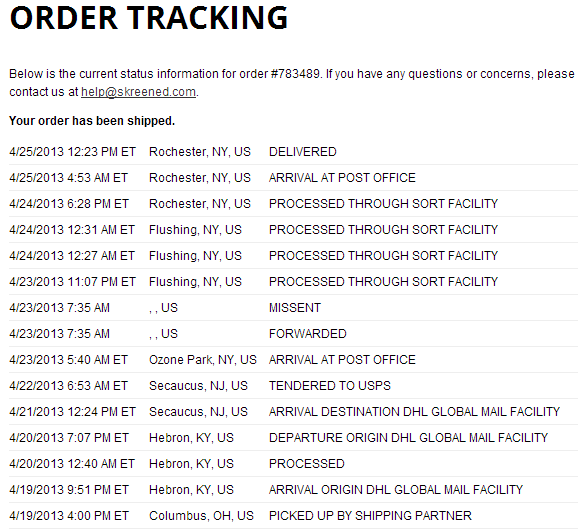Job Titles of the Future #3 - Networking Wingman
First off you are probably asking just what exactly is a Networking Wingman?
The details you need can be found in this recent Fast Company piece, 'This Woman Wants To Be Your Networking Wingman' - a profile of Christine Hauer who as far as anyone can tell has invented a brand new category. What does a Networking Wingman actually do? Details from the Fast Company article:
For $28 you can take Christine Hauer for a walk in the park. For $165 you can bring her to a party and introduce her as your "assistant" or "friend" or "colleague"--"whatever you feel most comfortable with."
She isn’t offering what your dirty mind is imagining, though. She’s "confidence building" in the park and being a "networking sidekick" at the party. They’re micro-services that are usually small parts of the larger job of doing public relations, but now, thanks to the Internet, can be purchased as discrete components
"I’m like this personal legitimizer, that doesn’t do it awkwardly," she told me. "It’s like I’m a friend." She demonstrated how she would work the room, praising me effusively to other partygoers: "Ahhh! I love Stan! Oh my God, he’s crazy! Look at him! He’s like the best writer, and he’s here! You’ve got to meet him!”
'Networking Wingman' might not (yet) be a job in the classic sense, but as odd as it sounds it could be representative of how technology and crowdsourcing and crowdfunding concepts are combining to allow creative individuals to well, create brand new types of services and value.
But even more interesting than the technology, social networking, and micro-services platforms that are at play here, the networking wingman role and described services ask questions about the very nature of promotions, marketing, and PR.
Let's say an author has a new book to pitch - he or she might engage a PR firm to try and connect with press and bloggers to get the book reviewed and generate some buzz and interest. The PR person will send an email, typically describing what a smart or thought-provoking or leading-edge thinker the author is to try and pique the interest of the journalist or blogger. And mostly, these PR pitches get ignored. We don't really care what a random PR person has to say about another random author.
But take that same pitch - what Ms. Hauer says is part of her bag of tricks as a networking wingman, and put it live, in person, and in a totally different context, then maybe, just maybe you will 'believe' that the author really is 'like the best writer', and 'You’ve got to meet him!'
When the networking wingman story first ran a week or so ago, I noticed several snarky and dismissive comments and tweets about the new 'job' that Ms. Hauer created. Many folks said it was the stupidest idea that they'd ever seen.
I don't think it's dumb at all. I think it is a genius mash-up of tech savvy, entrepreneurial thinking, and understanding of our incessant need to have other people talk about how fantastic we are.
And it makes the Steve-approved 'Job Titles of the Future' list.

 Steve
Steve


